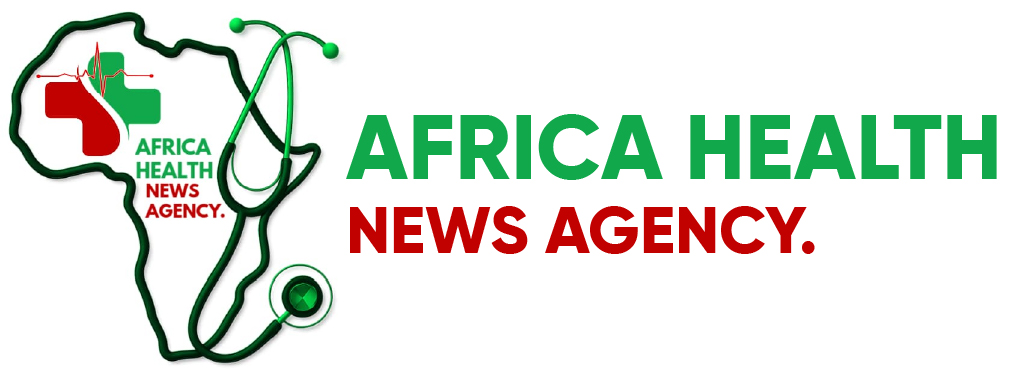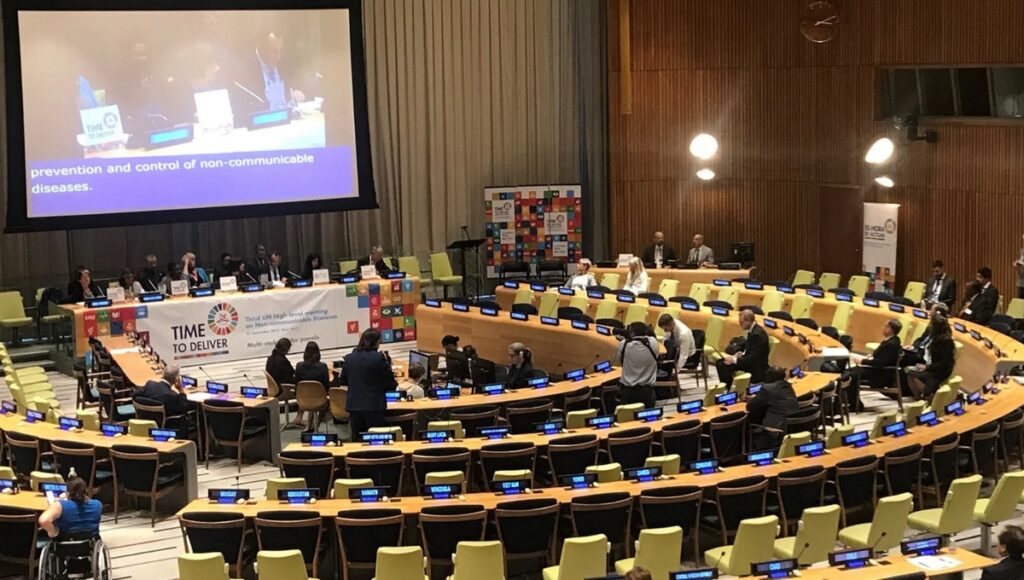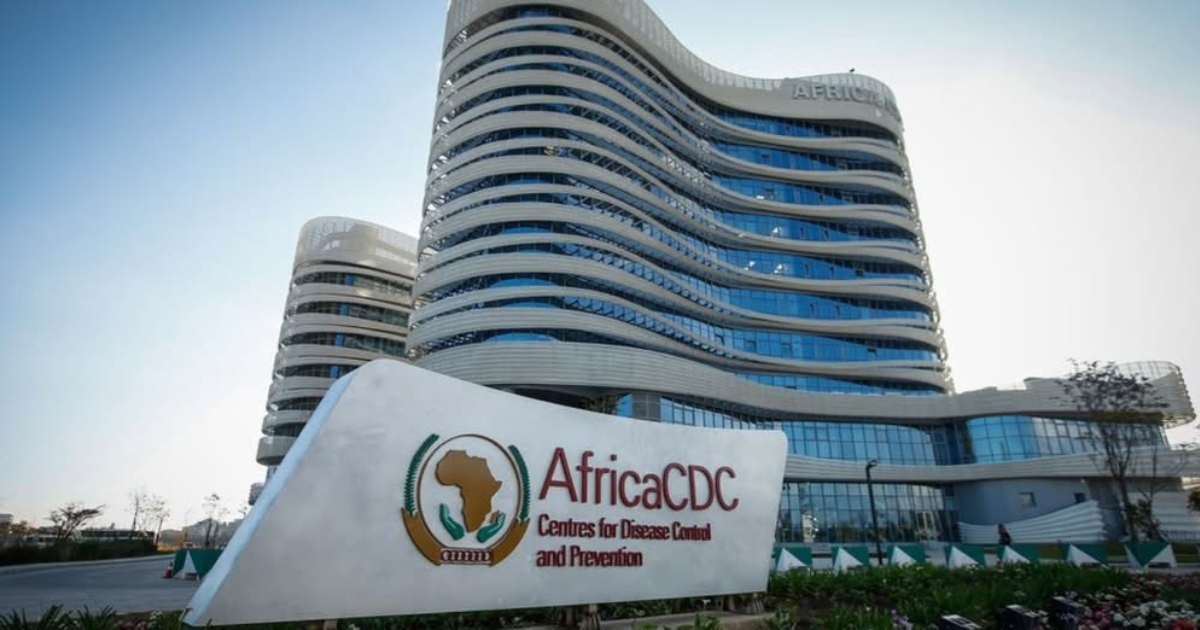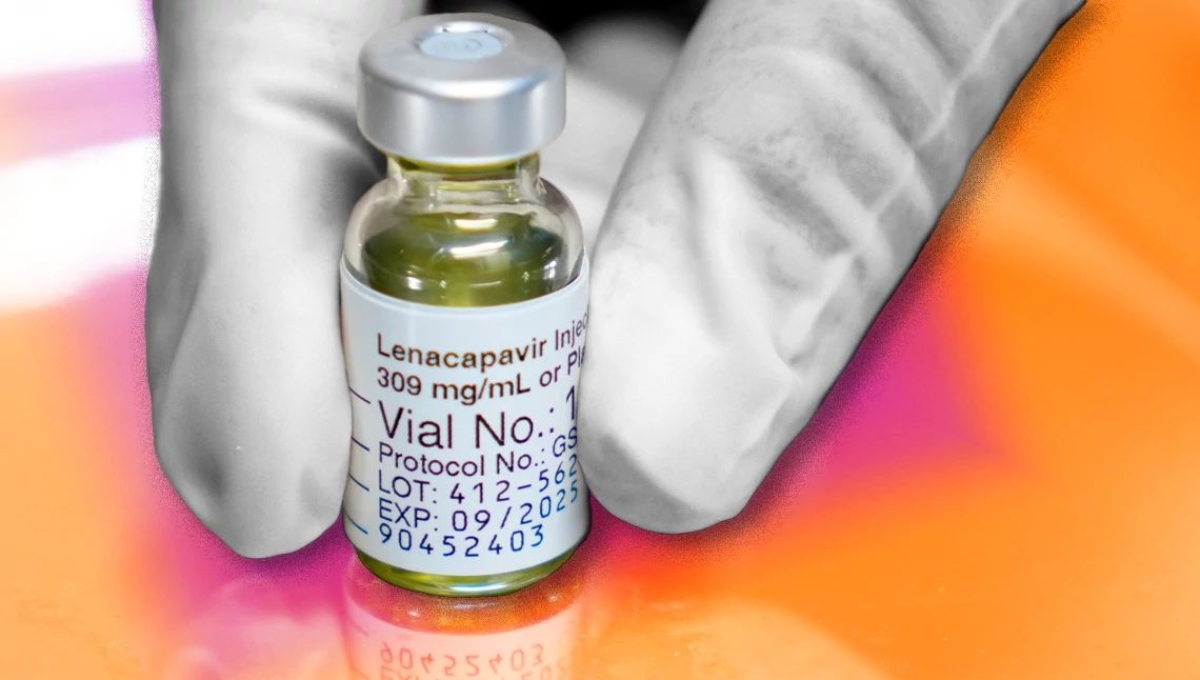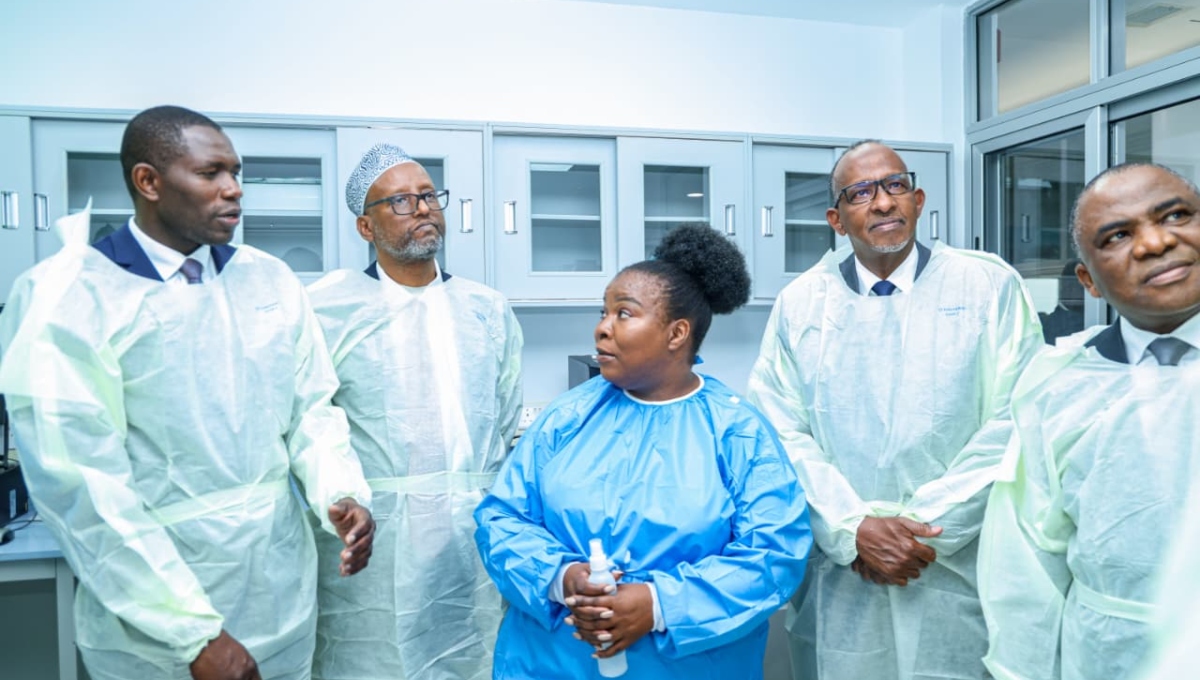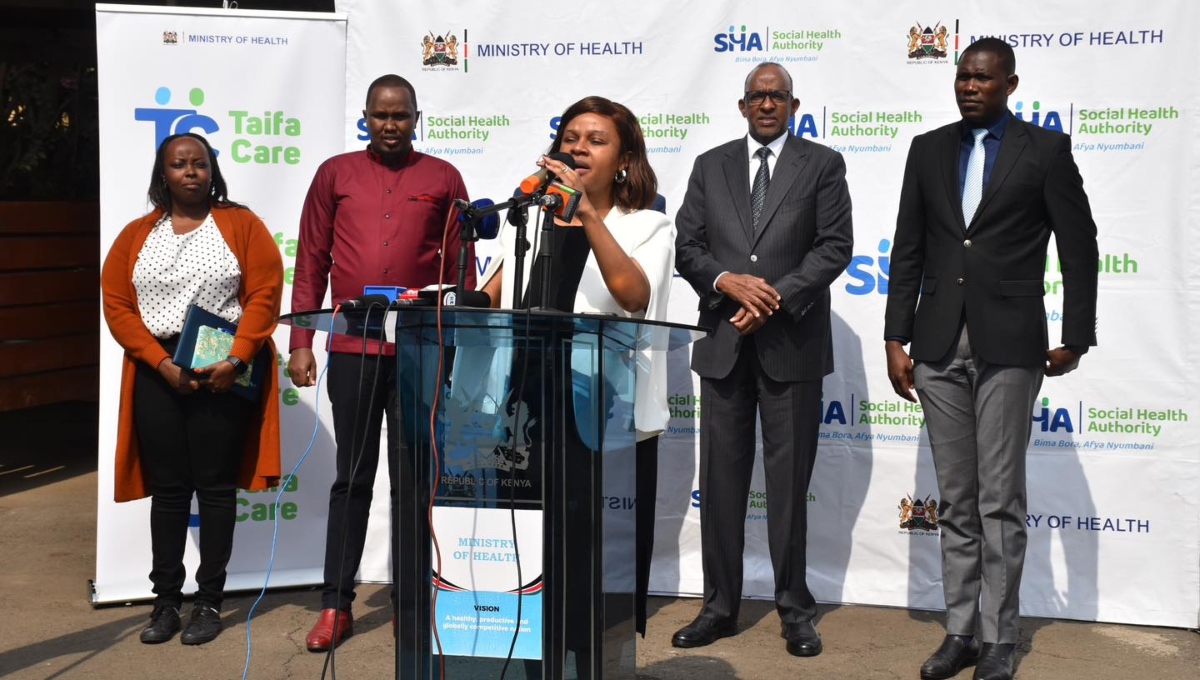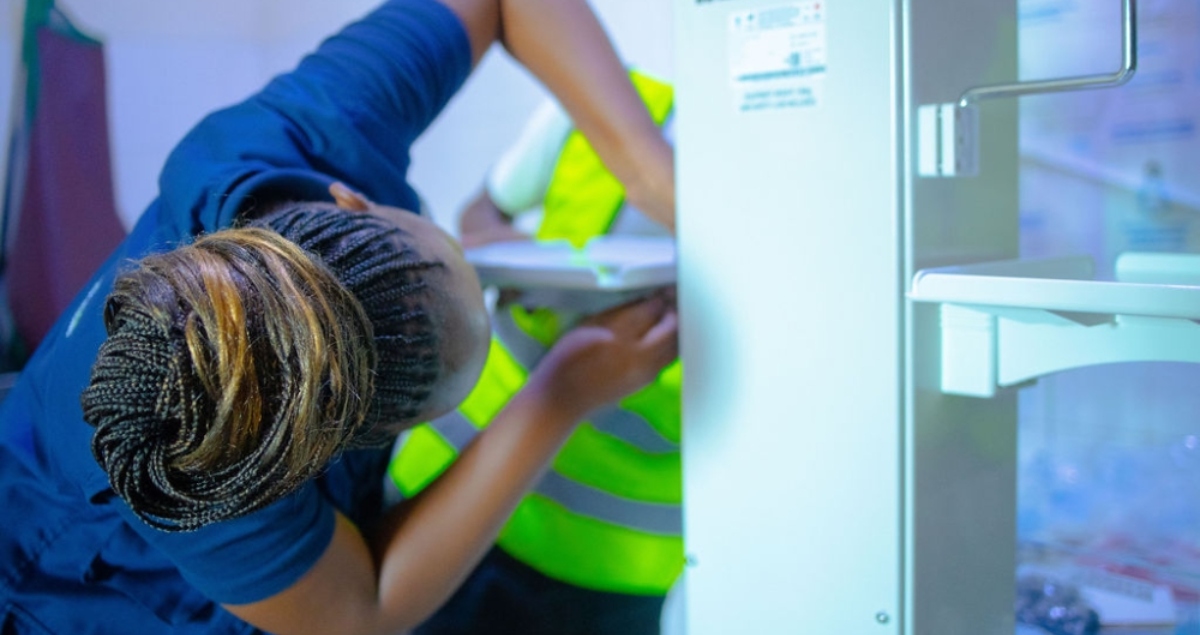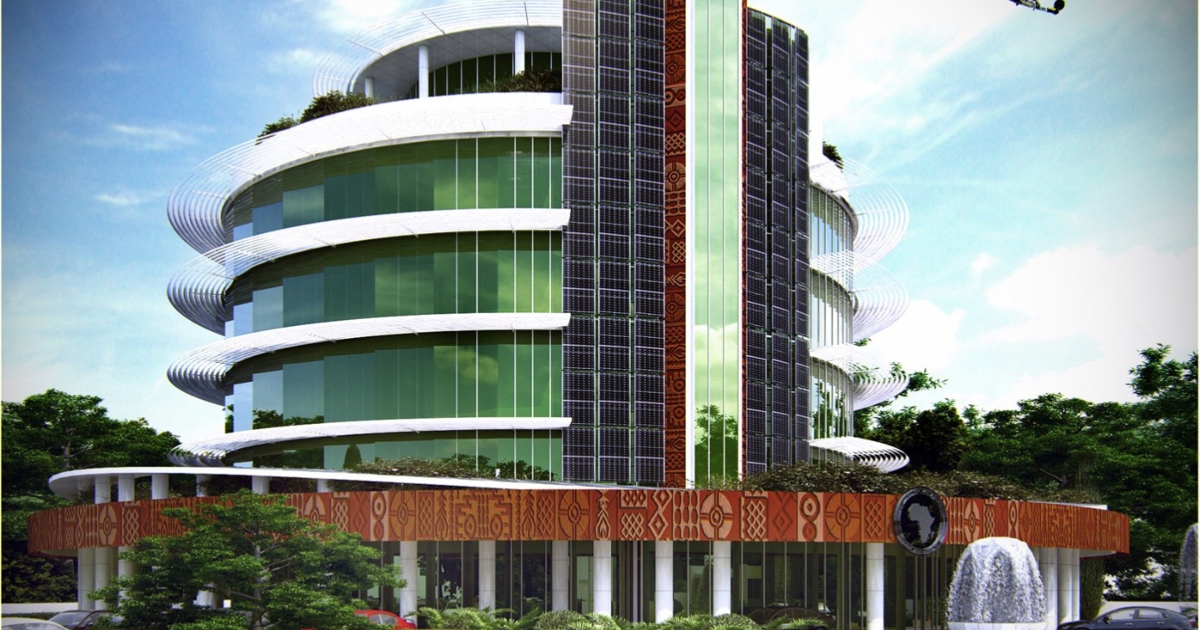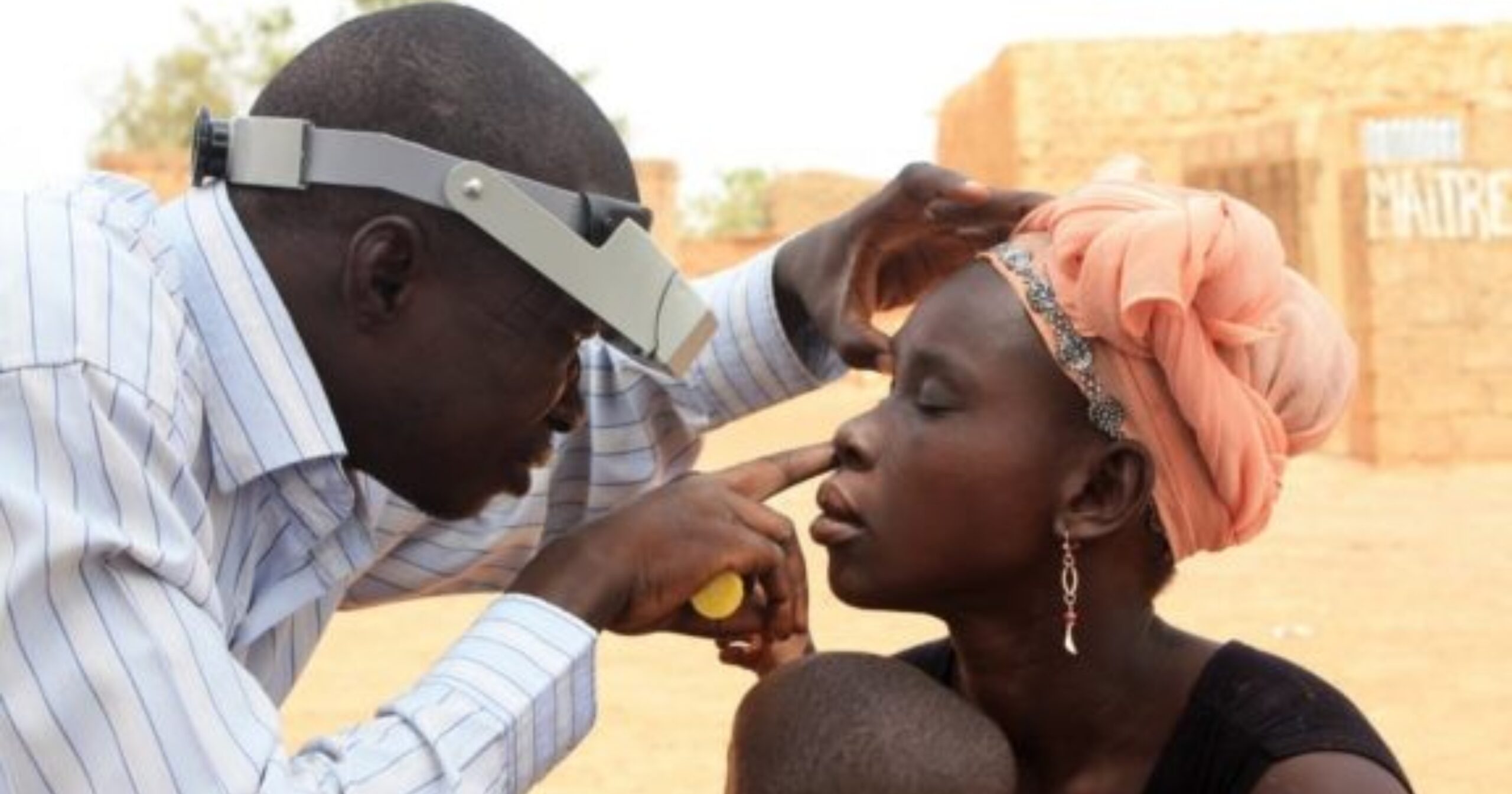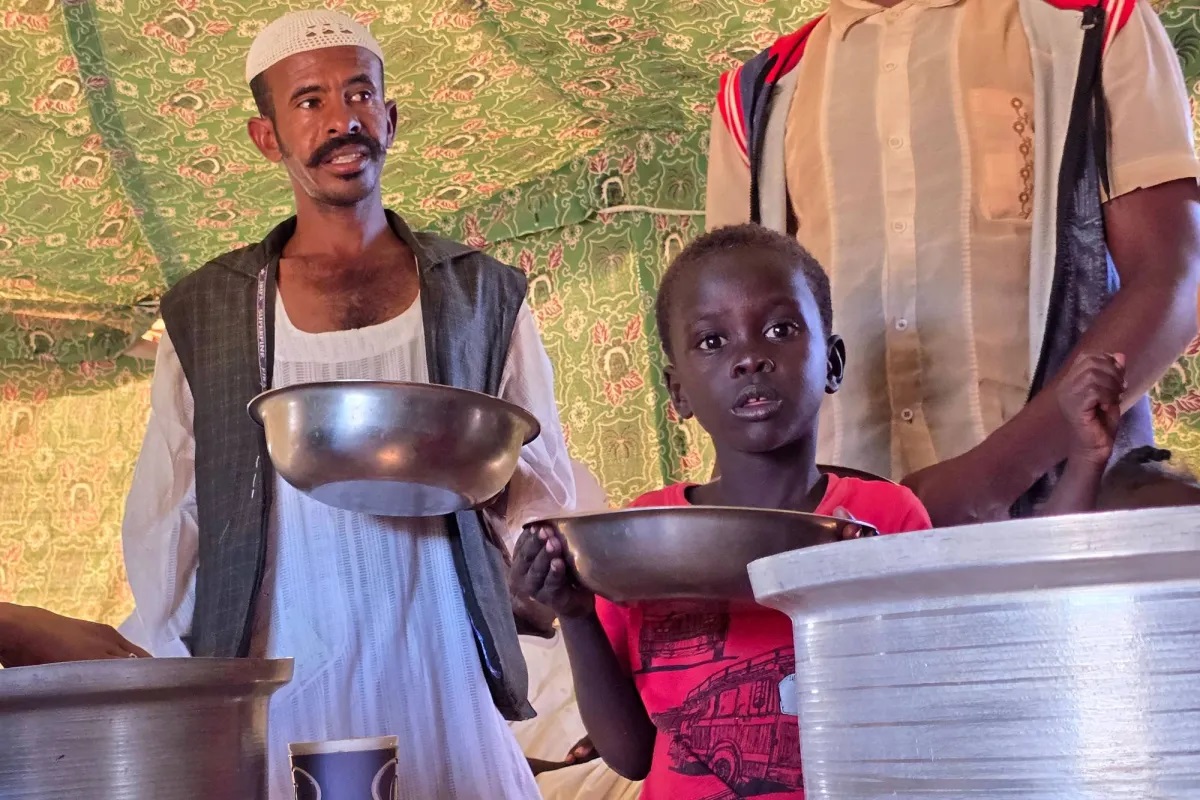- World leaders will convene on 25 September 2025 at the UN General Assembly to adopt a new Political Declaration on noncommunicable diseases (NCDs) and mental health
- The Fourth UN High-level Meeting on NCDs will set a fresh framework to accelerate prevention, treatment, and well-being initiatives through 2030 and beyond
- The World Health Organisation is urging governments, partners, and communities to unite for an inclusive and equitable global response
US – On 25 September 2025, Heads of State and Government will gather at the UN General Assembly to chart a new global vision for preventing and controlling noncommunicable diseases (NCDs) and promoting mental health and well-being through 2030 and beyond.
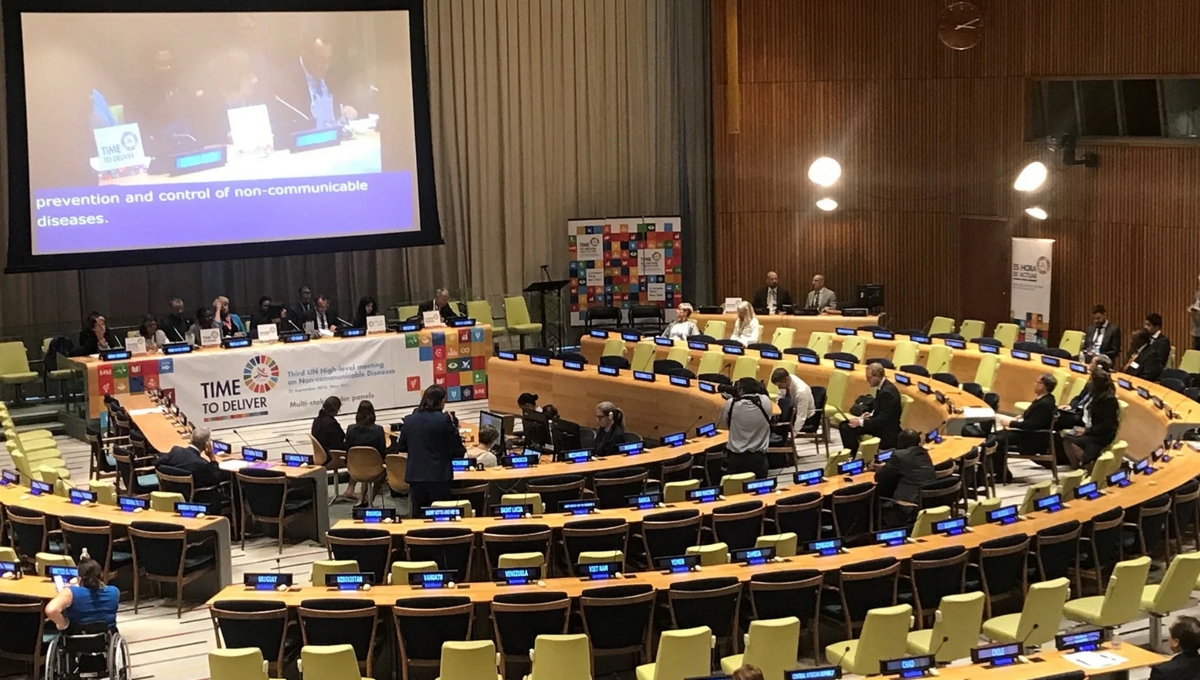
The outcome of this meeting will be a new, ambitious, and achievable Political Declaration designed to accelerate global efforts in health.
Have you joined our WhatsApp Channel yet? Follow us for timely updates!
The Fourth UN High-level Meeting on NCDs (HLM4) represents a rare, once-in-a-decade opportunity to adopt a renewed political declaration that will become the core framework for advancing NCD prevention and mental health response from 2025.
Grounded in human rights and backed by global evidence, this declaration is expected to shape health agendas worldwide.
Follow our X page for more updates!
Currently, progress towards Sustainable Development Goal target 3.4, reducing premature mortality from NCDs by one third through prevention, treatment, and mental health promotion, is off track.
Halfway to 2030, underinvestment in health systems has left significant equity gaps in care and support for people living with NCDs and mental health conditions. Without urgent intervention, the long-term health of individuals, families, and societies faces growing risks.
The rising burden of NCDs and the urgency of mental health are no longer challenges confined to health systems alone. HLM4 calls on Member States and global partners to renew commitments by strengthening whole-of-government and whole-of-society collaboration.
Also read: Africa Medical Supplier Completes Successful $3.5m Bond Offering in Rwanda
This includes reshaping health systems, supporting sustainable financing, and addressing the broader social, economic, commercial, and environmental drivers that fuel inequities and health risks.
Ahead of the meeting, the World Health Organisation (WHO) has urged countries, civil society, UN agencies, and individuals, particularly those living with NCDs or mental health conditions, to unite, take action, and support local and global initiatives. The aim is to ensure an inclusive, equitable, and high-quality response to one of the most pressing global health challenges of our time.
Also read: Kenya Strengthens Global Health Security with Expanded Polio Laboratory
Watch videos on our YouTube channel for exclusive interviews:
Are you a health expert? Share your insights with us! Submit an opinion piece today via editorial@africahealthnewsagency.com and let your voice shape the future of healthcare conversations in Africa.
